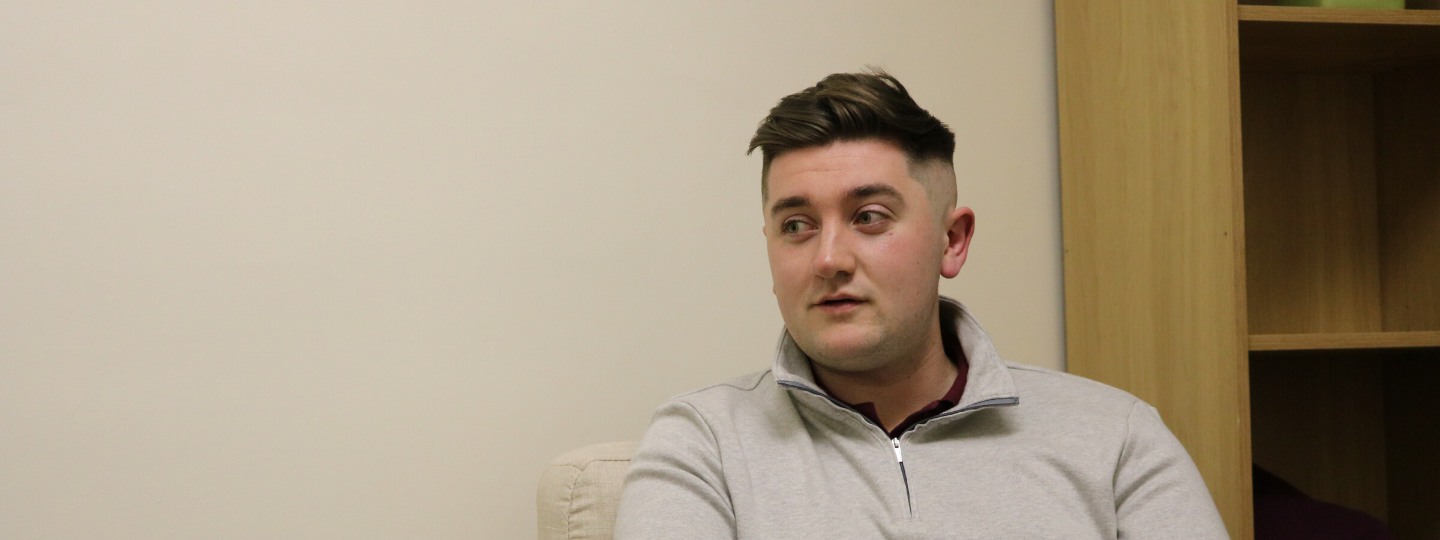Hi there i suffered a missed miscarraige in 2016. I had a healthy baby girl june 2017. I struggled with stress and anxiety throughout the whole pregnancy.
I’ve tried to get back to feeling like the person i was before all tbese events but i cant. I cant seem to feel happy anymore and if i do i find myself just wondering when it will go wrong again. Im constantly wound up and feel tense even defencive all the time. I feel like sometimes there is a hand on my chest and throat and i cant breath.
Me and my boyfriend are constantly argueing and most of the time its down to me snapping at him or looking for an arguement. I find im always taking everything thats said to me as a smart comment or a personal attack.
I cant go to my g.p. cause its a man and i dont feel comfortable. Im so fed up of feeling like this and now i think i need some help. Im scared of ruining my relationship and my health. What are my options and do you think i have an issue? Thanks
-Elaine
Hi Elaine,
I’m sorry to hear that you’ve been through so much over the past few years. Losing a baby is a terrible experience and people deal with the grief and loss in different ways. It is not unusual to for women to experience worry during their pregnancy, and given the experience that you had, it is not surprising that you struggled with stress and anxiety.









